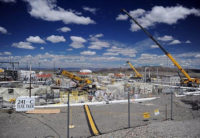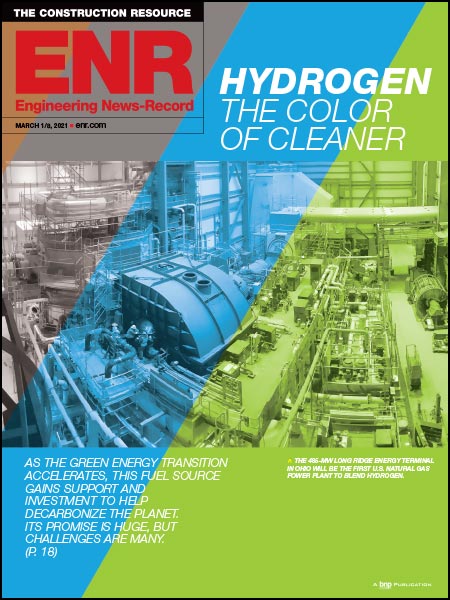The U.S. Dept. of Energy has pulled out of the $1.65-billion FutureGen carbon capture and sequestration (CCS) demonstration project in Meredosia, Ill. striking a perhaps fatal blow to the project just as it was gearing up to begin construction.
A DOE official said on Feb. 4 that the project had not achieved sufficient progress in securing additional financing to supplement the $1 billion allocated by DOE through the American Recovery and Reinvestment Act (ARRA) of 2009. Those unused funds have been returned to the Treasury Dept. to the benefit of taxpayers, said Chris Smith, DOE’s assistant secretary for fossil energy.
“When we looked at the progress the Alliance was making, it became simply clear that the Alliance would not be successful in getting financial close in a timeframe that would be consistent with being able to expend those [ARRA] funds before the deadline,” he said, speaking at a conference sponsored by the Global CCS Institute. He added, “This is very unfortunate for us. This was a project that we certainty pushed very hard to succeed.”
The project’s backers, which include several coal companies under the umbrella of the non-profit FutureGen Alliance, had planned to upgrade a powerplant in Meredosia with oxy-combustion technology to capture approximately 1.1 million tons of carbon dioxide annually. It would have been the only project in the world to demonstrate the viability of oxy-combustion at a powerplant at commercial scale coupled with deep saline geologic storage.
Babcock & Wilcox had been providing front-end engineering and design on the oxy-coal combustion system as well as other control systems.
Most other projects that are being built in North America are using either precombustion-integrated gasification combined cycle (IGCC) technologies, or postcombustion CCS.
Ken Humphreys, CEO of the FutureGen Alliance, said in an emailed statement, “Despite the Alliance’s commitment to advancing carbon capture and storage technology and cleaner energy from coal, as well as our belief that there are solutions to address the impending deadline, the Alliance must comply with DOE’s directive.”
The decision to suspend the project is a major setback for a technology struggling to become mainstream in the power sector. Advocates who support clean coal say CCS is the only way to achieve the reductions in emissions required under the Obama administration’s Climate Action plan. But CCS remains expensive, and critics contend that it has not been adequately demonstrated in the power sector at commercial scale.
Christine Tezak, managing director for research at ClearView Energy Partners, LLC, a Washington, D.C. based firm that analyzes risks for investors, said at the Feb. 4 conference that the financial sector is balking at investing in CCS projects. That is due partially to the low costs of gas, as well as a perceived preference by the current administration for non-fossil fuels, she said.
“The DOE”s withdrawal of $1 billion from FutureGen instead of seeking to renegotiate the terms in order to move that project forward is the latest and perhaps most public policy action to show how challenged the prospects for actual investment are,” she said.
In order to turn the investment community around, a technological breakthrough that would bring costs down considerably is needed, she added.
Dept. of Energy Suspends Work on FutureGen 2.0





Post a comment to this article
Report Abusive Comment